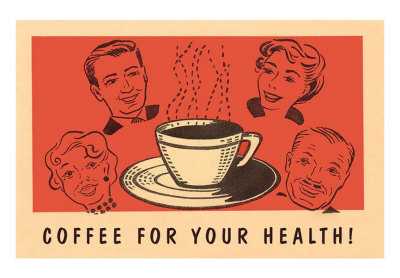It probably doesn’t surprise you when I say that caffeine is the most widely consumed psycho-active substance on the planet.
One of the most popular vehicles for caffeine consumption – coffee – is so popular, worldwide production is now over 7 million metric tonnes. If averaged out, that equates to 1.3 kg of coffee per person per year. So it’s safe to say we like the stuff.
Why? It’s not just because it tastes good and suppresses our appetites. It’s also because at a time when, as a society, we have way more things to get done than we have hours in the day, it wakes us up and keeps us going.
But not all coffee breaks are created equal. Research into the dips and peaks of hormone production in our bodies suggests that we need to be strategic about when we consume caffeine, in order to maximise that buzz and keep productive.
According to Steven Miller at the NeuroscienceDC blog, this is because a) caffeine is a drug, and b) drugs have an affect on our internal chemistry. Which means to use a drug strategically, you need to know the rhythms of your body chemistry and sync your consumption up with that.
There’s an entire scientific discipline that examines how drugs interact with our biological rhythms, he says, called chronopharmacology
One of the most important biological rhythms for a good deal of species on the planet is our internal circadian clock. It’s controlled by a tiny region in the brain’s hypothalamus called the suprachiasmatic nucleus (SCN), and serves a number of different functions.
“The SCN controls your sleep-wake cycle, feeding and energy consumption, sugar homeostasis, and in addition to a few other things it controls your hormones. And, with respect to your alertness, the SCN’s control of cortisol (often referred to as the “stress” hormone) production is extremely important,” says Miller.
This means if you’re producing too much cortisol, you’re not doing too good, but having moderate levels of the hormone helps keep you alert. And, says Miller, healthy levels of cortisone naturally peak between the hours of 8 am and 9 am. So that’s a good time to drink caffeine right? That would be super-convenient because that’s what I’ve been doing for the past, I don’t know, decade.
Turns out that consuming caffeine at the same time as your cortisol levels are naturally peaking is pretty much a waste of time. As Miller explains at NeuroscienceDC:
“One of the key principles of pharmacology is [to] use a drug when it is needed (although I’m sure some scientists might argue that caffeine is always needed). Otherwise, we can develop tolerance to a drug administered at the same dose. In other words, the same cup of morning coffee will become less effective and this is probably why I need a shot of espresso in mine now.
Although your cortisol levels peak between 8 and 9 am, there are a few other times where – on average – blood levels peak again and are between noon to 1 pm, and between 5:30 to 6:30 pm. In the morning then, your coffee will probably be the most effective if you enjoy it between 9:30 am and 11:30 am, when your cortisol levels are dropping before the next spike.”


















